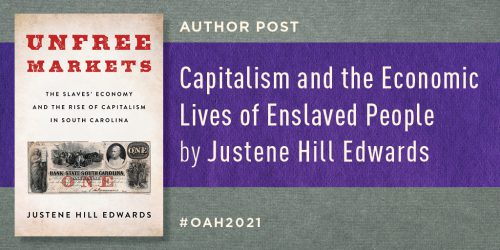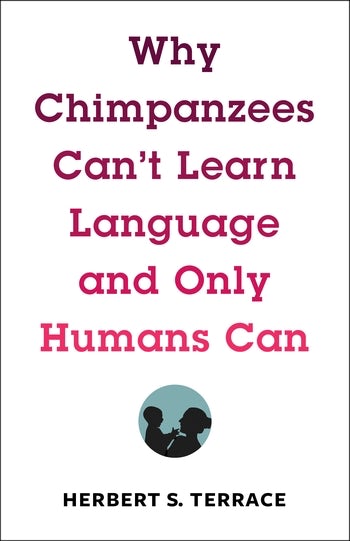The Complicated Legacy of Black Patriotism
By Justene Hill Edwards

Black people have been in the United States since before its founding. Though they have fought in every major military conflict in American history, African Americans have engaged in an uphill battle to force this nation to uphold the lofty ideals inscribed in its founding documents. Unfortunately, African Americans must still fight for equality in present-day America.
On June 17, 2021, Juneteenth (the anniversary of when enslaved people in Texas received news of their emancipation) became a federal holiday. A few weeks after that momentous day, we celebrated American independence on the Fourth of July. For African Americans, the dissonance of these two days—one that celebrates delayed emancipation for enslaved people and the other that commemorates independence from Britain—is obvious. It is time to reflect on the reality that African Americans are more likely to celebrate Juneteenth than the Fourth of July. To understand why, we need only consider the two most consequential wars in American history: the American Revolution and the American Civil War.
For African Americans, the dissonance of these two days—one that celebrates delayed emancipation for enslaved people and the other that commemorates independence from Britain—is obvious.
Enslaved and free Black people in the American colonies during the Revolutionary War wanted one outcome above all: freedom. Their political allegiances depended on who offered them emancipation from slavery.
In the early months of the war, Black people were ready to fight for the Patriot cause. All they asked for in return was their manumission. But when General George Washington took command of the Continental Army in the summer of 1775, he immediately barred Black men from enlisting. Even though free black men were serving in regiments in Connecticut and Rhode Island, he would not budge. Perhaps he feared angering the southern slaveholders he desired to recruit. Many of them could not fathom fighting side by side with Black soldiers. Others feared what Black soldiers would do on the battlefield with rifles and gunpowder. But as the fighting wore on in 1776 and 1777, Washington faced dwindling numbers of new recruits and mounting military pressure from the British. He was forced to amend his position on accepting Black men into the Patriot Army.
But when General George Washington took command of the Continental Army in the summer of 1775, he immediately barred Black men from enlisting.
One reason Washington yielded was because enslaved people were escaping their enslavers by the thousands and seeking refuge with the British, who offered them conditional freedom. In November 1775, John Murray, Lord of Dunmore and Royal Governor of Virginia, issued his famous Proclamation, which encouraged enslaved people in Virginia to desert their Patriot enslavers and fight for the British. This threatened the stability of the southern colonies. Dunmore enlisted over three hundred black men in his “Ethiopian Regiment,” and another eight hundred enslaved people fled their enslavers and asserted their freedom under Dunmore.
In January 1778, Washington rescinded his order and Black soldiers from Rhode Island to Virginia enlisted in the Continental Army. But fighting for liberty only ensured the emancipation of a few thousand Black soldiers. By the time the war ended with the Treaty of Paris in 1783 and later with the ratification of the Constitution in 1788, slavery as an economic, legal, and cultural institution was protected and embedded in the new nation. In a cruel twist, as the framers of the Constitution celebrated freedom from the chains of British control, enslaved people and free people of color came to realize that their fight had been in vain. In the decades after the end of the Revolution, slavery became even more deeply entrenched in American society. The number of enslaved people increased dramatically, from over 600,000 in 1790 to almost 4 million in 1860, beginning an economic boom on the backs of enslaved laborers.
By the time the war ended with the Treaty of Paris in 1783 and later with the ratification of the Constitution in 1788, slavery as an economic, legal, and cultural institution was protected and embedded in the new nation.
On July 5, 1852, the abolitionist Frederick Douglass spoke before the Rochester Ladies Anti-Slavery Society. He posed to his audience a controversial but poignant question: What, to the slave, is the Fourth of July? He could not have known that the nation would split violently in two just nine years later with the outbreak of the Civil War. The future of slavery and the lives of the almost four million enslaved people hung in the balance. But the Civil War was different than the American Revolution in an important way: African Americans knew which side they favored. Lincoln promised enslaved people in the rebelling states their freedom from slavery, and the Union attracted enslaved people by the thousands. Almost 200,000 African Americans fought for the Union, many giving their lives for liberation.
During Reconstruction, African Americans once again faced the limits of freedom’s promise. Though emancipated from slavery, they found they had no economic or social safety net. The federal government promised to protect the rights of all its citizens, but elected officials failed to ensure that the millions of freed people had access to the privileges of American citizenship. Though they fought and died to preserve the Union and end slavery, millions of African Americans struggled in poverty without land, property, or capital to fully enjoy their rights. They also faced the real and continued threat of racial violence.
Though emancipated from slavery, they found they had no economic or social safety net.
This is the complicated relationship between African Americans and American patriotism. In the two most consequential wars in American history, African Americans fought and died for the highest American ideals—freedom and liberty.
In 1852, Douglass asked, “What, to the slave, is the Fourth of July?” In 2021, one must ask, “What, to the African American, is the Fourth of July?”
Justene Hill Edwards is an assistant professor in the Corcoran Department of History at the University of Virginia and the author of Unfree Markets: The Slaves’ Economy and the Rise of Capitalism in South Carolina.






